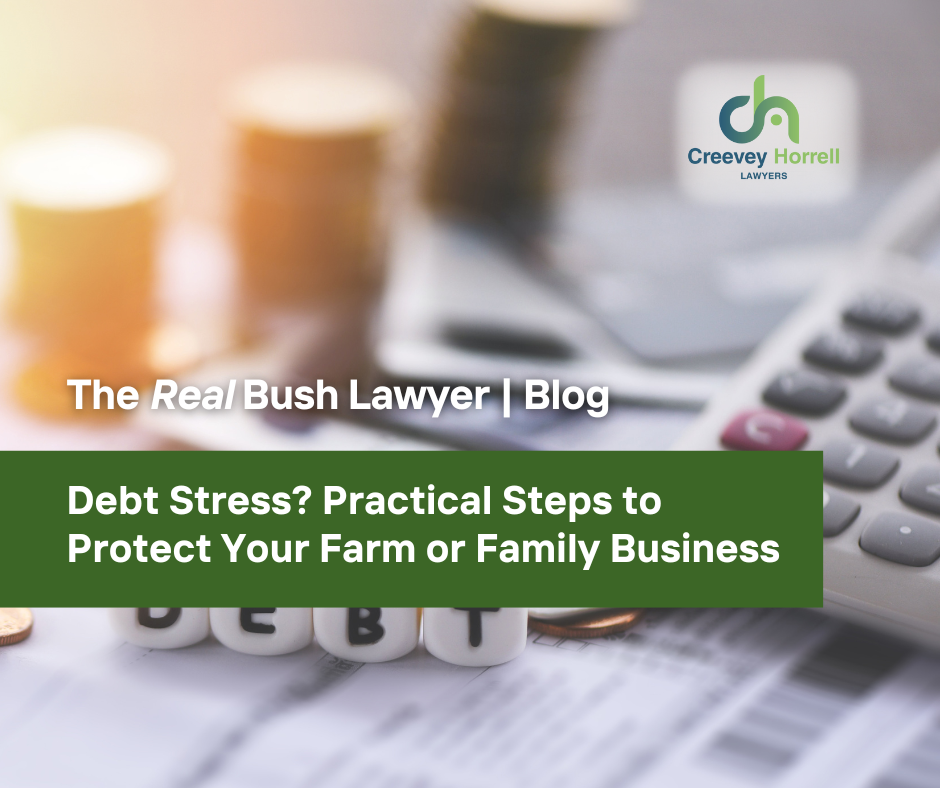INSIDE INSANITY - CRIMINALITY AND THE MENTALLY ILL
- yyong59
- Jul 13, 2022
- 4 min read

Section 26 of the Code puts forward an all-inclusive legal presumption that every person is of sound mind. With this presumption, the court will perceive all who enter the court as sane – until evidence suggests otherwise.
What happens when criminal acts committed by reasons of insanity enter the Queensland courts?
The Criminal Code 1899 Sect 27, defines Insanity as:
(1) A person is not criminally responsible for an act or omission if at the time of doing the act or making the omission the person is in such a state of mental disease or natural mental infirmity as to deprive the person of the capacity to understand what the person is doing, or of capacity to control the person’s actions, or of capacity to know that the person ought not to do the act or make the omission.
Here, the Code explains how a person is no longer held responsible for an act if they were in a state of mental abnormality during the act or omission.
Opposingly, the Code also explains how a person affected by delusions can still be held criminally responsible:
(2) A person whose mind, at the time of the person’s doing or omitting to do an act, is affected by delusions on some specific matter or matters, but who is not otherwise entitled to the benefit of subsection (1), is criminally responsible for the act or omission to the same extent as if the real state of things had been such as the person was induced by the delusions to believe to exist.
However – this is not to say the offenders with proof of insanity walk free.
In Australia, the Criminal Code 1899 refers to the act of acquitting or diminishing a charge on the grounds of insanity or unsoundness of mind.
How The Court may proceed with Criminal Charges and Insanity
If the defence of insanity was successfully raised and proven, it may result in a ‘qualified acquittal’ where the defendant is acquitted by the Jury on account of unsoundness of mind. The individual will remain liable to imposition of other controls such as being admitted to an authorised mental health service.
Sect 647 defines Acquittal on the ground of insanity:
(1) … on the trial of a person charged with an indictable offence, it is alleged or appears that the person was not of sound mind at the time when the act or omission alleged to constitute the offence occurred, the jury are to be required to find specially, if they find that the person is not guilty, whether the person was of unsound mind at the time when such act or omission took place, and to say whether the person is acquitted by them on account of such unsoundness of mind; and if they find that the person was of unsound mind at the time when such act or omission took place, and say that the person is acquitted by them on account of such unsoundness of mind, the court is required to order the person to be admitted to an authorised mental health service to be dealt with under the Mental Health Act 2016
Diminished Responsibility
In the case of an unlawful murder – diminished responsibility may be raised if this act was committed by someone who was in a state mental state of abnormality of mind.
Section 304A explains diminished responsibility. See below:
(1) When a person who unlawfully kills another under circumstances which, but for the provisions of this section, would constitute murder, is at the time of doing the act or making the omission which causes death in such a state of abnormality of mind (whether arising from a condition of arrested or retarded development of mind or inherent causes or induced by disease or injury) as substantially to impair the person’s capacity to understand what the person is doing, or the person’s capacity to control the person’s actions, or the person’s capacity to know that the person ought not to do the act or make the omission, the person is guilty of manslaughter only.
(2) On a charge of murder, it shall be for the defence to prove that the person charged is by virtue of this section liable to be convicted of manslaughter only.
(3) When 2 or more persons unlawfully kill another, the fact that 1 of such persons is by virtue of this section guilty of manslaughter only shall not affect the question whether the unlawful killing amounted to murder in the case of any other such person or persons.
No one’s ever ‘ready’ to face the courts on their own.
No one’s ever ‘ready’ to face the courts on their own. No matter where you are in life, whether you know the Queensland courts or not, going it alone or with improper legal representation is never advised.
We urge you to seek guidance from our professional and results-driven team of legal experts. We do what other lawyers do not; getting you the results you need, treating you like one of our own, and allowing you to rest easy while we fight for you, no matter the case.
Contact Creevey Russell, Brisbane, Roma and Toowoomba Today
Visit https://www.creeveyrussell.com.au/contact-us or call direct on 07 3009 655 today.
#legal#lawfirm#lawyers#law#lawyer#litigation#attorney#creeveyrussell#creeveyrusselllawyers#criminallawyers#agribusiness#rurallaw#CommercialLaw#crimeandmisconduct#brisbanelawyers#domesticviolence#familylaw#trafficoffence#willsandestates#romalawyers#247crimehotline




.png)




Comments